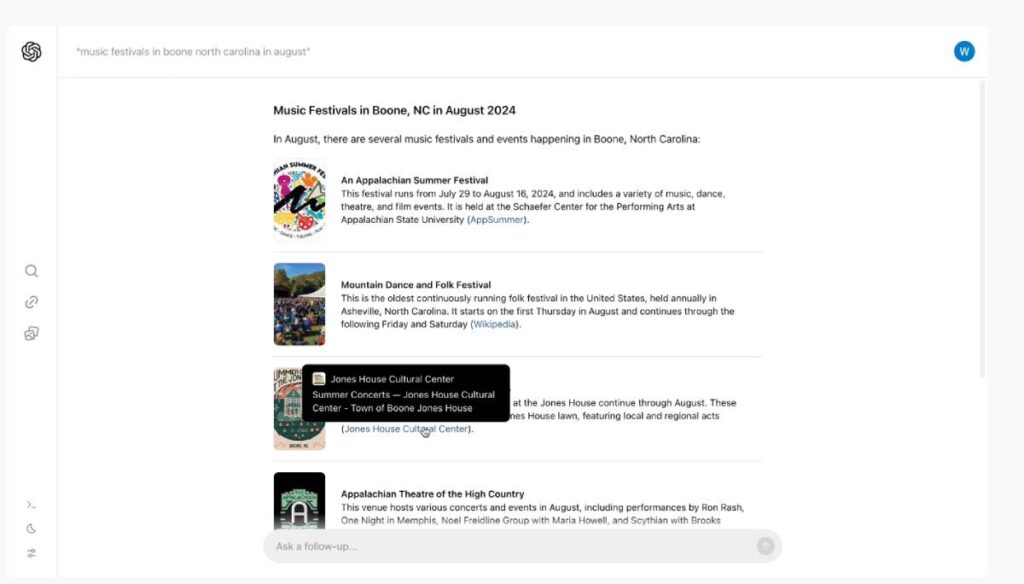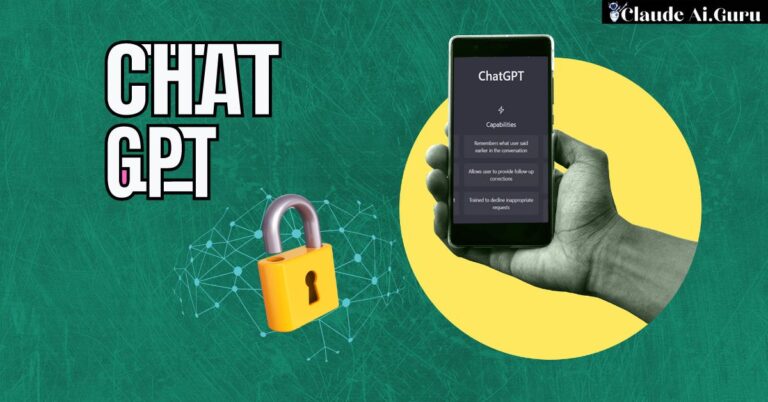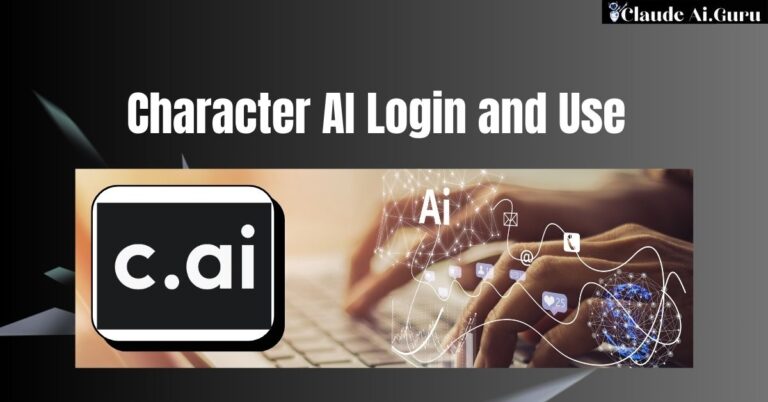OpenAI Enters Google-Dominated Search Market with SearchGPT
In a significant move that could reshape the landscape of online search, OpenAI has announced the launch of SearchGPT, a new AI-powered search engine. This development positions OpenAI as a direct competitor to Google, which has long dominated the search engine market, as well as to Microsoft’s Bing, a product of OpenAI’s largest backer, and other emerging AI-driven search services.
A New AI-Powered Search Experience

SearchGPT, currently in its prototype stage, will be tested with a select group of users and publishers. OpenAI aims to integrate the best features of this new tool into ChatGPT, enhancing its conversational capabilities with real-time web information. The prototype is designed to provide fast, relevant answers with clear links to sources, allowing users to engage in a more intuitive, conversational manner.
“Getting answers on the web can take a lot of effort, often requiring multiple attempts to get relevant results,” OpenAI stated in a blog post. “We believe that by enhancing the conversational capabilities of our models with real-time information from the web, finding what you’re looking for can be faster and easier.“
Collaborations and Publisher Partnerships
One of the standout aspects of SearchGPT is its partnership with publishers. OpenAI has committed to working closely with news organizations and content creators to ensure their content is properly cited and linked. This collaboration is aimed at addressing some of the controversies and legal challenges that AI-generated content has faced, particularly concerning copyright issues.
Publishers will have access to tools that allow them to manage how their content appears in SearchGPT results. This approach is intended to foster a symbiotic relationship between AI technology and high-quality journalism. Notably, companies like News Corp and The Atlantic are among the initial partners for this project.
“AI search is going to become one of the key ways that people navigate the internet, and it’s crucial, in these early days, that the technology is built in a way that values, respects, and protects journalism and publishers,” said Nicholas Thompson, CEO of The Atlantic.
Industry Impact and Future Directions
The launch of SearchGPT comes at a time when the integration of AI in search engines is becoming increasingly competitive. Google recently introduced AI Overviews, a feature that summarizes search results, but it has faced criticism for potentially diverting traffic and ad revenue from publishers. Similarly, Perplexity, another AI-driven search engine, has encountered legal challenges from publishers for allegedly using their content without proper attribution.
OpenAI’s approach with Search GPT is to address these concerns by promoting transparency and collaboration with content creators. The company has emphasized that SearchGPT will not use publisher content for training its generative AI models without consent, aiming to maintain a clear separation between search functions and content training.
As OpenAI continues to refine SearchGPT, feedback from users and publishers will play a crucial role in shaping its development. The company’s ambition is to create a search tool that not only competes with existing giants but also enhances the overall user experience by making information more accessible and engaging.
The introduction of SearchGPT marks a significant step in the AI arms race, potentially challenging Google’s longstanding dominance and setting new standards for how AI can be integrated into everyday internet use.
With its focus on conversational search and publisher partnerships, OpenAI is poised to make a substantial impact on the future of online search.
Impact of AI-Powered Search on SEO and Publishers
The advent of AI-powered search engines like Search GPT promises to revolutionize the SEO industry and benefit publishers in unprecedented ways. It’s clear that integrating AI with search can enhance the precision and relevance of search results, thus improving user satisfaction. AI search engines can better understand user intent, providing more accurate and contextually relevant answers, which can lead to higher engagement rates.
For publishers, this means increased visibility and traffic as their content is more likely to be cited and linked directly in search results. Furthermore, AI-driven search can facilitate more dynamic and personalized content discovery, making it easier for users to find high-quality information from trusted sources. This symbiotic relationship can ultimately lead to better monetization opportunities for publishers, as high-quality, relevant content is prioritized in search algorithms, driving more organic traffic to their sites.
FAQs
SearchGPT is an AI-powered search engine developed by OpenAI that integrates real-time internet data with conversational AI to deliver fast, accurate, and contextually relevant search results. It is currently in a prototype stage and will be tested with a select group of users and publishers.
SearchGPT introduces a new approach to search by combining AI’s conversational abilities with real-time information from the web, potentially offering a more user-friendly and efficient search experience compared to traditional search engines like Google.
Key features of SearchGPT include real-time search results, conversational responses to queries, clear source links, and the ability for users to ask follow-up questions to refine their search results.
SEO professionals can benefit from Search GPT by leveraging its ability to provide more precise and relevant search results, allowing for better optimization of content based on real-time data and improving overall search visibility.
Publishers will gain increased visibility and engagement as Search GPT prominently cites and links to their content. This can drive more traffic to their sites and offer more opportunities for users to interact with high-quality content.
SearchGPT partners with publishers to manage how their content appears in search results, ensuring proper attribution and providing options for publishers to control their content’s presentation
Concerns include potential copyright issues, as seen with other AI search tools, and the challenge of ensuring that AI-generated results do not mislead users or diminish the role of traditional publishers.
SearchGPT is currently in a prototype phase with a limited rollout to selected users and publishers. OpenAI plans to integrate the best features from Search GPT into Chat GPT and potentially expand its availability in the future.
While Google’s AI Overviews summarize search content, SearchGPT aims to provide more conversational and interactive responses with real-time updates, offering a different user experience in how search results are delivered.
OpenAI will continue to refine SearchGPT based on user and publisher feedback, with plans to enhance features related to local information and commerce before fully integrating these capabilities into ChatGPT.






